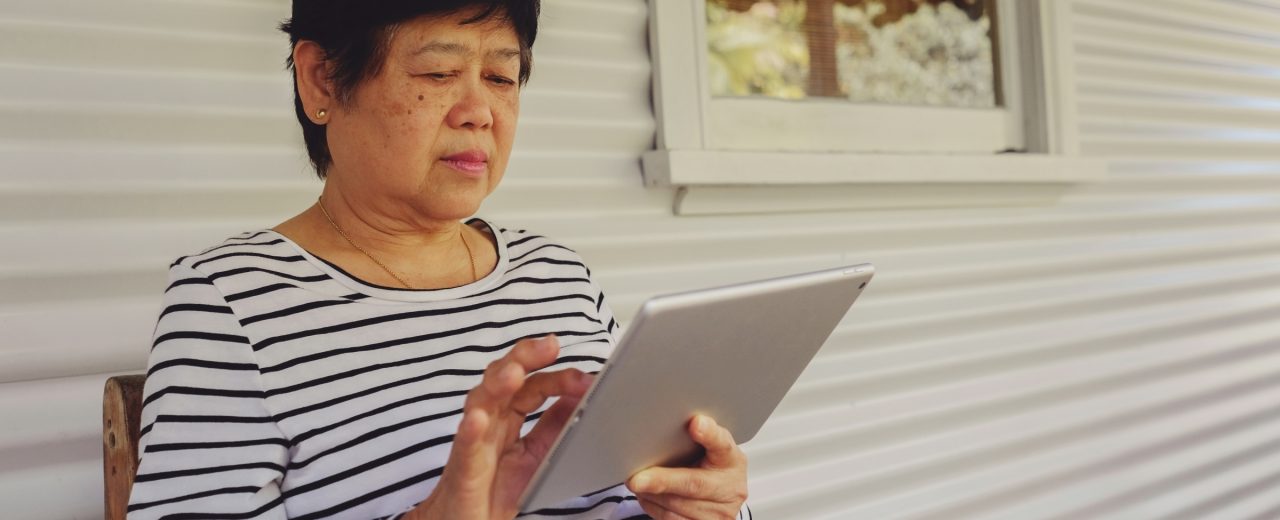Victoria makes digital witnessing of legal documents permanent
31 Mar 2021
The Victorian Parliament passed the Justice Legislation Amendment (System Enhancements and Other Matters) Bill 2021 (Vic) which will modernise how Victorians interact with the justice system in light of progress made during the COVID-19 pandemic.
The new laws will enshrine improvements such as allowing Victorian courts to continue hearing matters via videoconferencing technology rather than in-person hearings, and allow for digital and remote witnessing of important legal documents.
Importantly, these reforms include appropriate safeguards against misuse to protect all Victorians accessing these services, which we’ve been advocating for over the last 12 months.
Why these reforms will help prevent elder abuse and improve accessibility for Victorians
COVID-19 is placing older people at increased risk of abuse due to growing pressure on families and isolation away from community support systems. Growing pressure caused by job, housing and financial insecurity for many adult children has put pressure on the relationships they have with their older parents.
Older people’s legal matters often involve important documents like Enduring Power of Attorney and Appointment of Enduring Guardian, and if put in place, these documents can play a role in enshrining someone’s agency and safety. Making and revoking these legal documents forms an integral part of the work our Seniors Law program executes.
Often, the law requires solicitors to be physically present to witness the making or revoking of these documents. This has been made impossible by COVID-19 related restrictions that prevent lawyers from meeting with their clients physically.
Increased use of digital platforms to witness documents means that people who previously would have had difficulties commuting to court or their lawyer’s office wont have to do so . Although people experiencing elder abuse will directly benefit from this reform, witnessing documents remotely increases equal access to justice opportunities for many people, including people who:
-
-
-
- live in regional areas,
- have family commitments,
- have disabilities,
- have short and long term health conditions,
- in hospital,
- cannot easily access transport,
- have limited financial resources,
- have caring commitments, or
- are at the end of their life.
-
-
Reforms need to be combined with adequate safeguards and considerations
Given these legal matters are often extremely complex and emotional, it’s imperative that older people are able to exercise their own rights during their legal journey, and avoid making any actions under duress from another person.
In our position paper, we made recommendations that legal documents be amended to include a certification by the solicitor that they are “not aware of anything that causes me to believe that the principal did not freely and voluntarily sign the document”.
We also recommended that where possible, mobile devices should be used rather than desktop computers, so that the witness is able to get a broad visual of the room and anyone else present before witnessing the document. This helps identify signs of duress a person may be under outside of view.
We urged that wherever possible, digital witnessing should take place via a secure platform like Telehealth, to protect confidentiality.
Going forward
Victorian Attorney-General Jaclyn Symes said “this is a significant step forward in modernising the law in Victoria in the digital age – using the latest technology to more effectively deliver critical services and improve access to justice.”
We commend the Victorian government’s leadership on these reforms and believe other states should replicate them so more people can access legal protections and tools.


